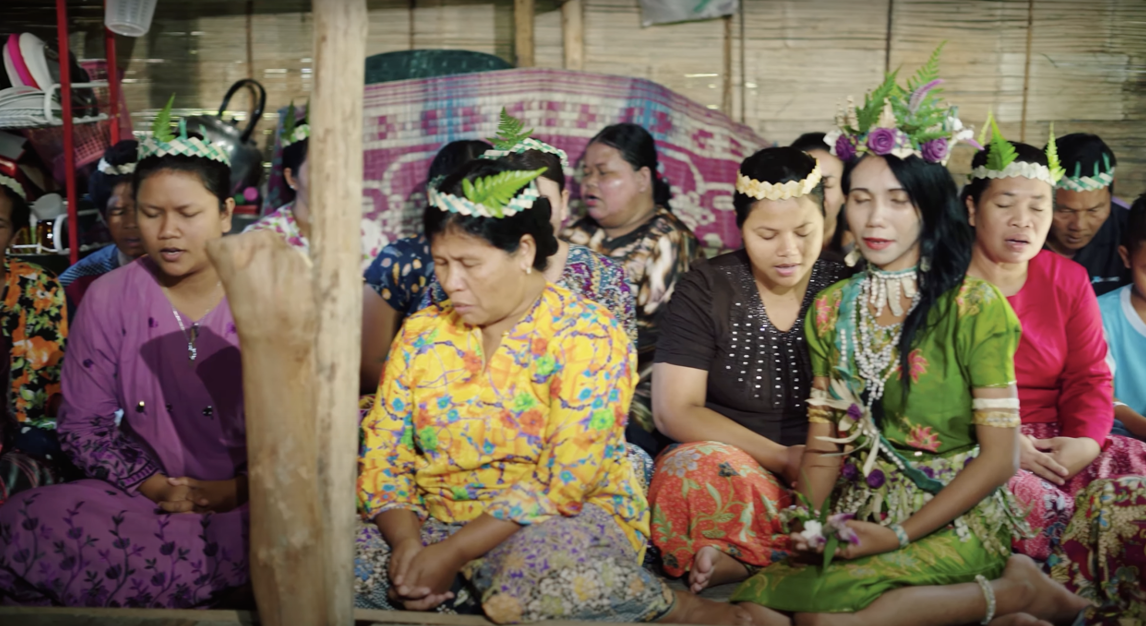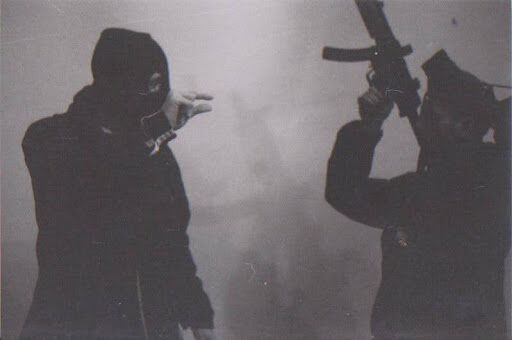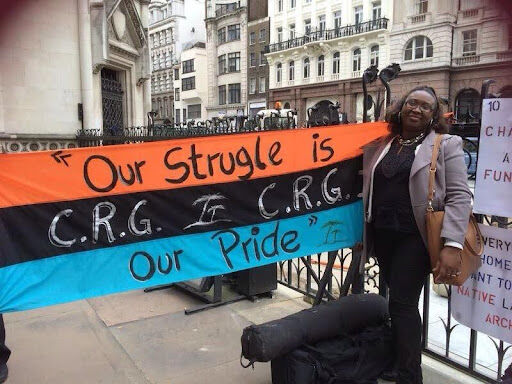
Geneva International Centre for Justice (GICJ) organised a training workshop on the subject of International Law, Diplomacy and Human Rights. The course ran from 11.11.2019 to 15.11.2019 in Geneva, Switzerland. The training took place at the GICJ centre in Geneva, the UN Palais des Nations and the OHCHR headquarters.
The training was administered by Valentina Ferreira Gutierrez and Mr. Christopher Gawronski, Human Right Officers at GICJ. The course attendees came from a variety of professional backgrounds including diplomacy, NGO management, legal research and academia.
The principal aim of the course was to introduce the participants to the workings of the UN System with the focus on the Human Rights Mechanism within the system and their interrelations. The training also elaborated on the UN relationships with human rights NGOs and individual governments. The practical side of the course included legal research and report writing. In addition, the trainees also observed and further analysed the Universal Periodic Review (UPR) of a variety of countries.

The trainees were welcomed by Mr. Christopher Gawronski of GICJ, who introduced the course structure, its aims and desired outcomes. Then Mr Naji Haraj, GICJ Executive Director, gave a lecture on the foundation elements of International Human Rights Mechanisms. He followed with a lecture on the UPR, a unique UN process which involves a review of the human rights records of all Member States. The lecture highlighted the importance of the UPR in the face of present Human Rights challenges around the globe. Furthermore, the group also got the amazing opportunity to attend the 34th UPR session at the Palais des Nations. The participants witnessed the review of Iraq being conducted and the discussion between the Member States and the Iraqi delegation.
The following day started with a lecture on the Human Rights Council (HRC) in which Mr Haraj discussed the structure and the membership of the HRC including the decision making process, council resolutions as well as the role of observer states. He also provided details on the role of NGOs and their participation in HRC. Subsequently,  Mr Gawronski introduced the group to Special Procedures of the HRC, their mandates, the nature of their work and their accomplishments. He explained the importance of independent experts within the International Human Rights Mechanisms. He also discussed the different ways that NGOs can communicate with HRC. Mr Haraj continued the training with examining the procedure of following up the implementation of treaties and the civil society participation in the review of the states’ periodic reports.
Mr Gawronski introduced the group to Special Procedures of the HRC, their mandates, the nature of their work and their accomplishments. He explained the importance of independent experts within the International Human Rights Mechanisms. He also discussed the different ways that NGOs can communicate with HRC. Mr Haraj continued the training with examining the procedure of following up the implementation of treaties and the civil society participation in the review of the states’ periodic reports.
In the afternoon, the participants had another great opportunity to observe the inner workings of the UPR – this time an actual adoption of UPR reports on Kazakhstan, Angola and Iran. Consequently, they were able to observe and compare different reports and country comments during the UPR process.
The next day the participants observed the UPR review of Egypt. They were able to witness and make a comparison with the UPR of Iraq two days before. Mr Gawronski drew the participants’ attention to the similarities and differences in the approaches of both delegations in a group discussion that followed. Moreover, he also pointed out the different responses of Member States to the two UPRs. Later on, the participants had the great pleasure of meeting Mr. Dhafer Al Hussini, the Human Rights Officer at the OHCHR, Middle East and Northern Africa Section. Mr Al Hussini gave an incredibly valuable insight into his office’s work.
 He further extended trainees understanding of the UN Human Rights system and clarified data collection for the OHCHR reports. He also elaborated on the relationship between his office and the information acquired by NGOs, civil society and private individuals. Additionally, he shared his inside knowledge and perceptions of human rights developments in several countries. Thus, the participants were able to employ their newfound knowledge and understanding of the UN Human Rights Mechanisms and International Human Rights Law.
He further extended trainees understanding of the UN Human Rights system and clarified data collection for the OHCHR reports. He also elaborated on the relationship between his office and the information acquired by NGOs, civil society and private individuals. Additionally, he shared his inside knowledge and perceptions of human rights developments in several countries. Thus, the participants were able to employ their newfound knowledge and understanding of the UN Human Rights Mechanisms and International Human Rights Law.
The subsequent morning featured a lecture on International Law and the United Nations System. Mr Haraj commenced the lecture by exploring the relationship between different UN agencies, the Human Rights Mechanisms and the legal structures that underpin the UN bodies and the international legal system.
Later the group continued the practical training with Mr. Gawronski by examining the guidelines, formats and contents expected when communicating information to various UN bodies. The participants learned how to prepare statements for the HRC, what information should be included and how the statements should be structured.
The trainees were also supported in the most effective ways of researching information on human rights infringements, UN Treaties and HRC resolutions. Guided by the lecturers, the students started collecting information in order to complete their own UN style report on a Human Right issue of their choice.
The final day started with the focus on the outcome of the practical elements of the training to solidify their knowledge. The participants continued their training with using the information gathered to complete their first UN report which they shared with the lecturers and the rest of the group. Then, the group proceeded with a discussion on the UN Human Rights System and its complex structure, achievements and challenges.
In the afternoon, the participants had their final opportunity to experience the UN – this time on a professional tour. They learned in detail about the history of the Organisation, the preceding League of Nations and its overall role in today’s world.
Finally, upon the completion of course the participants obtained GICJ certificates confirming their successful completion of the Training Course on International Law, Diplomacy and Human Rights. Congratulations!

To join GICJ training programs please write to:
- Participants are responsible for all personal costs to attend the training including, but not limited to, travel arrangements, accommodation, board and medical insurance, and the course fees.
- For training in Geneva, participants should try to get the Swiss or Schengen visa by themselves. GICJ can’t interfere in this regard
To know more about GICJ Human Rights Training Courses click here.
- Photo Gallery -
|
|
GICJ Trainings









